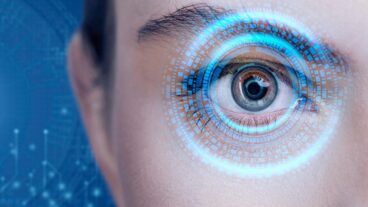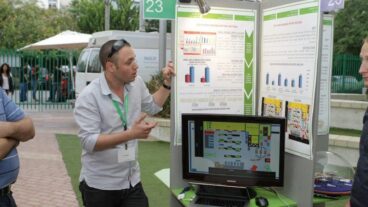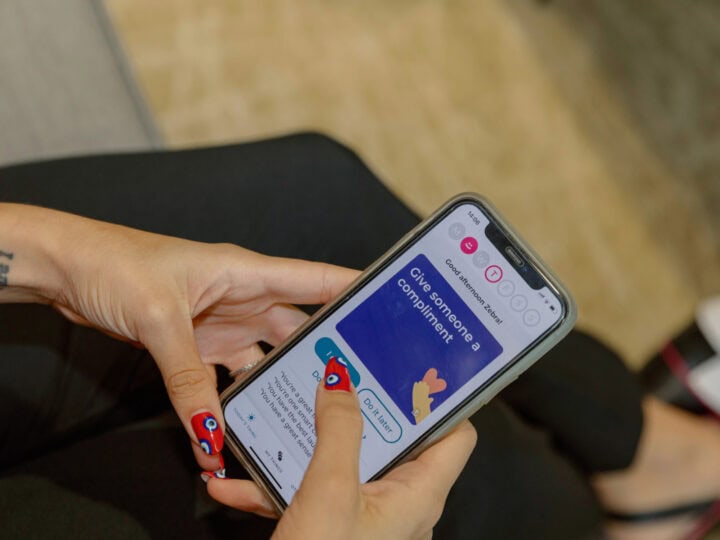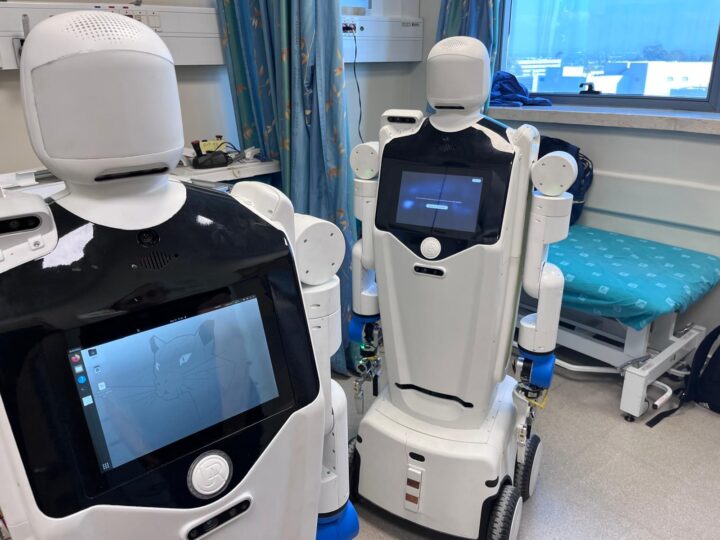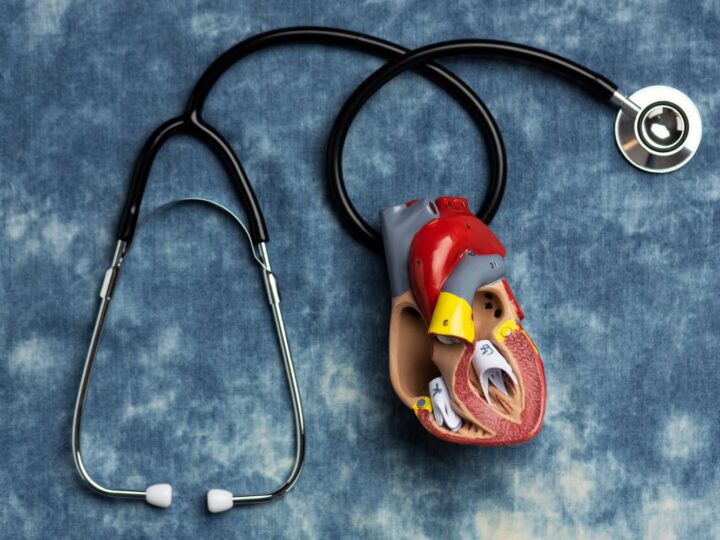Israeli researchers find that inactivity prompts fat precursor cells to pile on the pounds twice as fast, regardless of calorie intake.
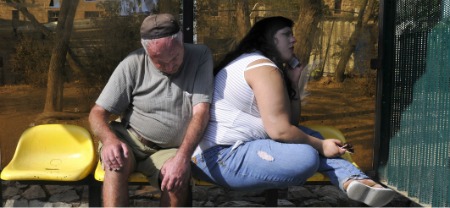
Marathon movie nights, video games until dawn on the weekends, long hours seated at the office: All this inactivity doesn’t just contribute to obesity, suggests new Tel Aviv University research, but actually creates fat double time.
Long periods of inactivity, according to the research by biomedical engineering scientist Prof. Amit Gefen, encourages more fat to be laid down in existing fat cells.
Being a slouch on the couch creates “mechanical stretching loads” on fat cells, and this lack of movement piles on the pounds more than the sheer value of calories we eat, Gefen tells ISRAEL21c.
Working in his engineering lab with MRI scans and test-tube science, Gefen and his PhD student Naama Shoham found that preadipocyte cells – which give rise to fat cells — have a quicker turnaround when the body has long periods of inactivity, sitting or lying down. Some 50 percent more fat can be produced this way, they reported in a recent article in American Journal of Physiology – Cell Physiology.
Giving fat cells a long languid stretch
The effect of long hours at PlayStation, on the couch zoned out in front of the TV or at the office desk is “more than just an imbalance of calories,” Gefen says.
When cells that are responsive to the mechanical environment around them aren’t stimulated, the fat cells in our bodies produce more triglycerides, faster.
The research came about while Gefen was studying the effects of muscle atrophy by looking at the MRI scans of the muscles of patients paralyzed after spinal cord injuries. Gefen found an unusual invasion of fat cells into these tissues and decided to have a closer look.
In the lab environment, the researchers stimulated the fat precursor cells, the preadipocytes, with insulin or glucose to turn them into fat cells and then gave them a long stretch in the Petri dish to simulate inactivity. A group of control cells was not stretched.

After time, both groups showed lipid droplets in the cells, but those stretched continuously developed much more fat — 50% more, once the cells were mature.
“There are various ways that cells can sense mechanical loading,” Gefen points out. “It appears that long periods of static mechanical loading and stretching, due to the weight of the body when sitting or lying, has an impact on increasing lipid production.”
Butt what about calorie counting?
We usually count calories when we diet, but Gefen’s research paints a very clear picture — even though only in a test tube — about what happens to our butt cells if they sit in place for an extended period of time. As much as we count calories, we should also be mindful about what our body is doing with them, he tells ISRAEL21c.
Gefen is not a physician, he stresses, but he is comfortable saying that 20 minutes of cardio exercise four times a week is recommended to keep a body fit.
Next he plans on looking at exactly how long a person can sit or sleep without coaxing a fat-storing cell to make more fat. This could help us know just how many back-to-back House episodes we could watch on the couch without worrying about weight gain.
Standing for the Internet?
Meanwhile, a new trend in America is to work at the computer while standing. Does Gefen think this could help bust fat in the office? There are some risks for the elderly or pregnant women to stand up for long periods of time, he points out, but generally working or gaming while standing should be more healthful than sitting down without moving, he says.
“We have to be careful in interpreting the results and extrapolating to the full human body from research done in cell cultures,” he cautions. “In cell cultures, if you expose the cells to sustained loading this could happen if you sit or lie down for very long periods during the day. The cells respond to mechanical loading and respond by making more fat.
“Now if you ask me intuitively, I would think there is benefit to working standing up. When you stand up you are not confined to the chair, and the likelihood increases that you would move. I would expect this could contribute to the cells sensing a more dynamic load when standing up as opposed to sitting.”
He believes this is true for the game-aholic kid as well, and he strictly limits his own children’s video game play because “a kid sitting down would be similar to an adult working in the office.”
At the end of the day, just how much to exercise, or work while seated or standing is all a matter of balance, Gefen concludes.










